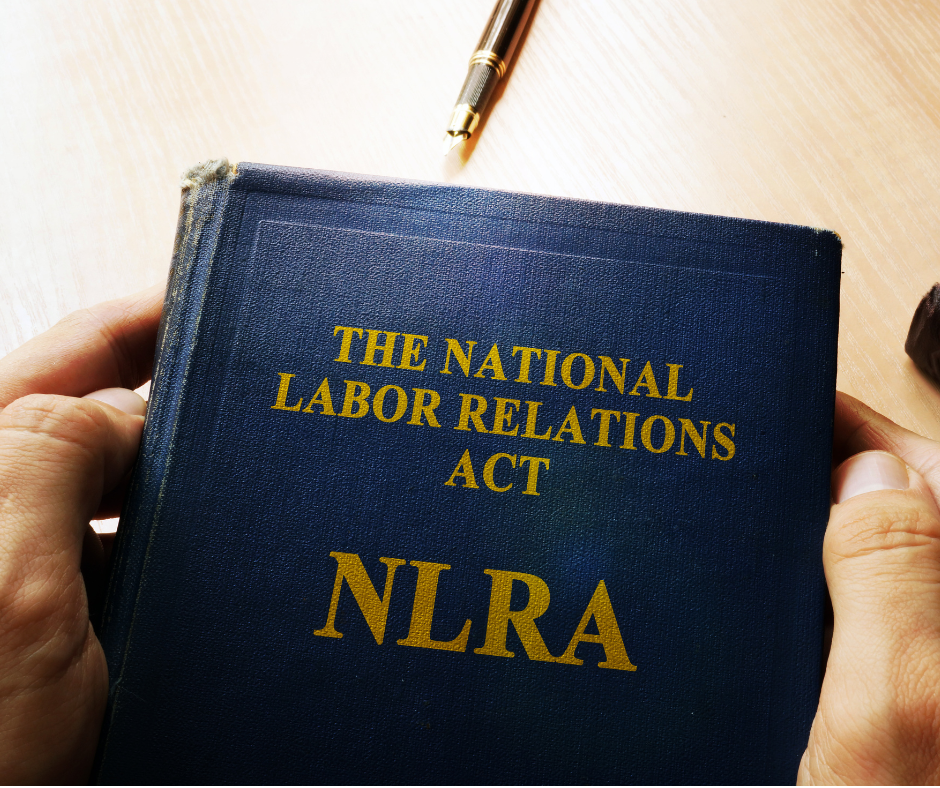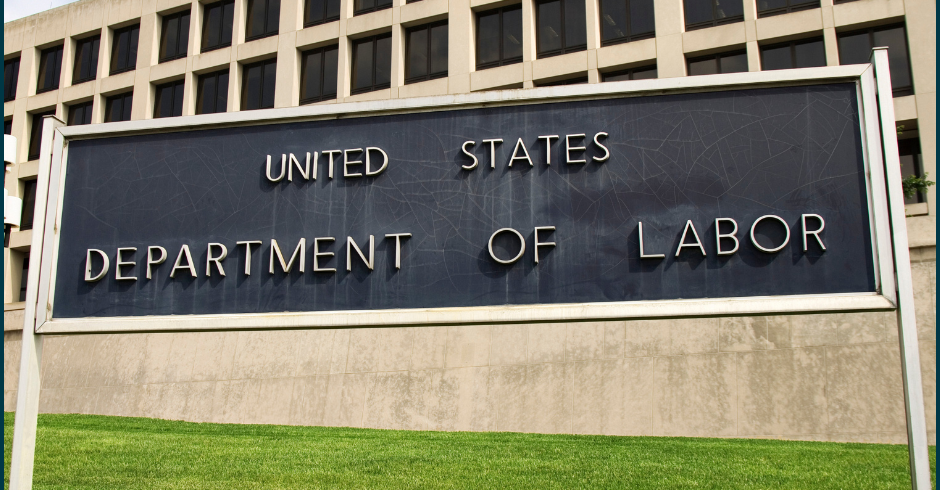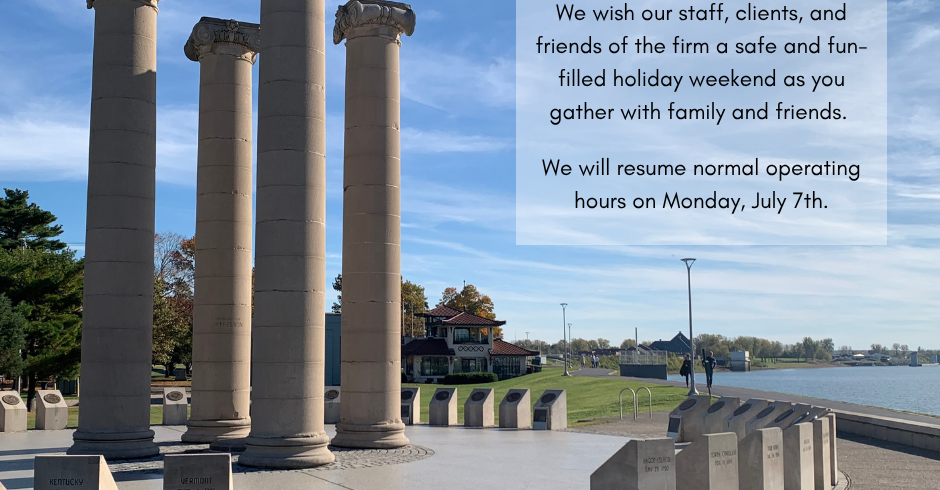By: Carrie Roelle & Jackson Treadway
The National Labor Relations Board (the Board) recently released its decision in McLaren Macomb, 372 NLRB 58 (2023), ruling that employers who include certain provisions in severance agreements unlawfully infringe on employees’ rights that are protected by the National Labor Relations Act (the NLRA).

Severance Agreements Prior to the Decision
Employers commonly include provisions in severance agreements that prohibit the separating employee from sharing the terms of the agreement and making statements that could disparage the employer’s image.
Despite growing legislative scrutiny, in 2020, the Board declined the opportunity to prohibit these types of provisions and held that confidentiality and non-disparagement clauses were lawful and that it was merely the circumstances in which they were offered that should be scrutinized to protect employees’ rights. Baylor Univ. Medical Cent., 369 NLRB 43 (2020).
The Board’s Decision in McLaren Macomb
Analyzing the details of the severance agreement, the Board abandoned its prior holding in Baylor and held that common non-disparagement and confidentiality provisions violate an employee’s right to protected concerted activity provided by Section 7 of the NLRA.
Employers can still provide severance agreements with non-disparagement and confidentiality provisions to individuals at the supervisory level and above because those individuals are not protected by the NLRA. A “supervisor” for purposes of NLRA protection is defined as someone who has the authority to:
- Hire, transfer, and suspend employees;
- Lay off, recall, and promote employees;
- Discharge, assign, reward, or discipline employees;
- Direct employees;
- Adjust employees’ grievances; or Effectively recommend any of the above.
Severance Agreements Moving Forward
Employers are encouraged to closely review and narrowly tailor severance agreements to ensure compliance with the Board’s McLaren Macomb decision. For more information and assistance in drafting lawful severance agreements, please contact Carrie Roelle, Jackson Treadway, or a member of the KDDK Labor and Employment practice group.






